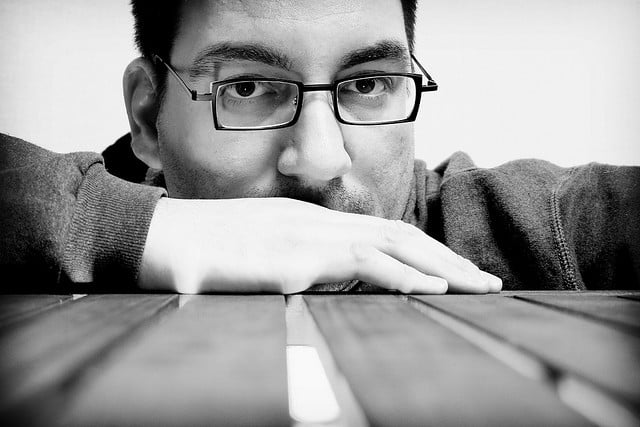
by Sophie Novak |
What is experimental fiction? And how can you incorporate lessons from the genre into your own writing?
Choosing among the multiple attempts to define it and trying to keep it short and simple, let’s just say that experimental fiction is about breaking the rules, skipping conventions, literary innovation, and uniqueness.
Innovation comes only by trying out new things – experimenting – since progress in any field is a result of reaching out to what was once considered impossible. In this sense, experimental fiction is truly revolutionary.

by Sophie Novak |
What’s the most important element in a piece of writing? Is it the plot, the characters, descriptions, dialogue, or the style? Obviously, you can’t single out only one. A powerful work succeeds in combining all of them in a unique mix producing a master creation.
A mundane theme can be saved by a great writing style; poor dialogue can be replaced with a fantastic storyline, and descriptions can be skipped altogether if it’s not your cup of tea. Undeveloped characters, however, are not to be hidden or overlooked by anything else. So, how do you build a strong character?
by Sophie Novak |
What if you can write a novel in 30 days? That’s right, you’ve guessed it, the National Novel Writing Month (NaNoWriMo) is coming up.
Regardless of all haters spreading their argumentative ‘against’ energy around the net like viruses, NaNoWriMo is a shoutout to all writers. It’s like a kick in the butt by your best friend in an attempt to throw reality in your face.
Any writing initiative should be encouraged, and when it’s accompanied by thousands of people who are thrown in the same boat with you, fighting the dragon, climbing the magic mountain, then even better.

